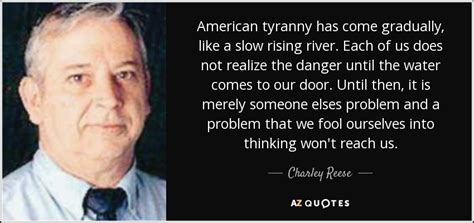A Quote by Paul Samuelson
There's nothing in Keynesian economics that would allow you to solve stagflation. But there's nothing in neoclassical economics that would allow you to solve stagflation, either.
Related Quotes
Solve it. Solve it quickly, solve it right or wrong. If you solve it wrong, it will come back and slap you in the face, and then you can solve it right. Lying dead in the water and doing nothing is a comfortable alternative because it is without risk, but it is an absolutely fatal way to manage a business.
And I've come to the place where I believe that there's no way to solve these problems, these issues - there's nothing that we can do that will solve the problems that we have and keep the peace, unless we solve it through God, unless we solve it in being our highest self. And that's a pretty tall order.
Economics and a reliance on science and technology to solve our problems has led to an unsustainable situation where continued growth in consumption is required for governments and business to be considered successful. This is a form of insanity. Economics is at the heart of our destructive ways and our faith in it has blinded us




































